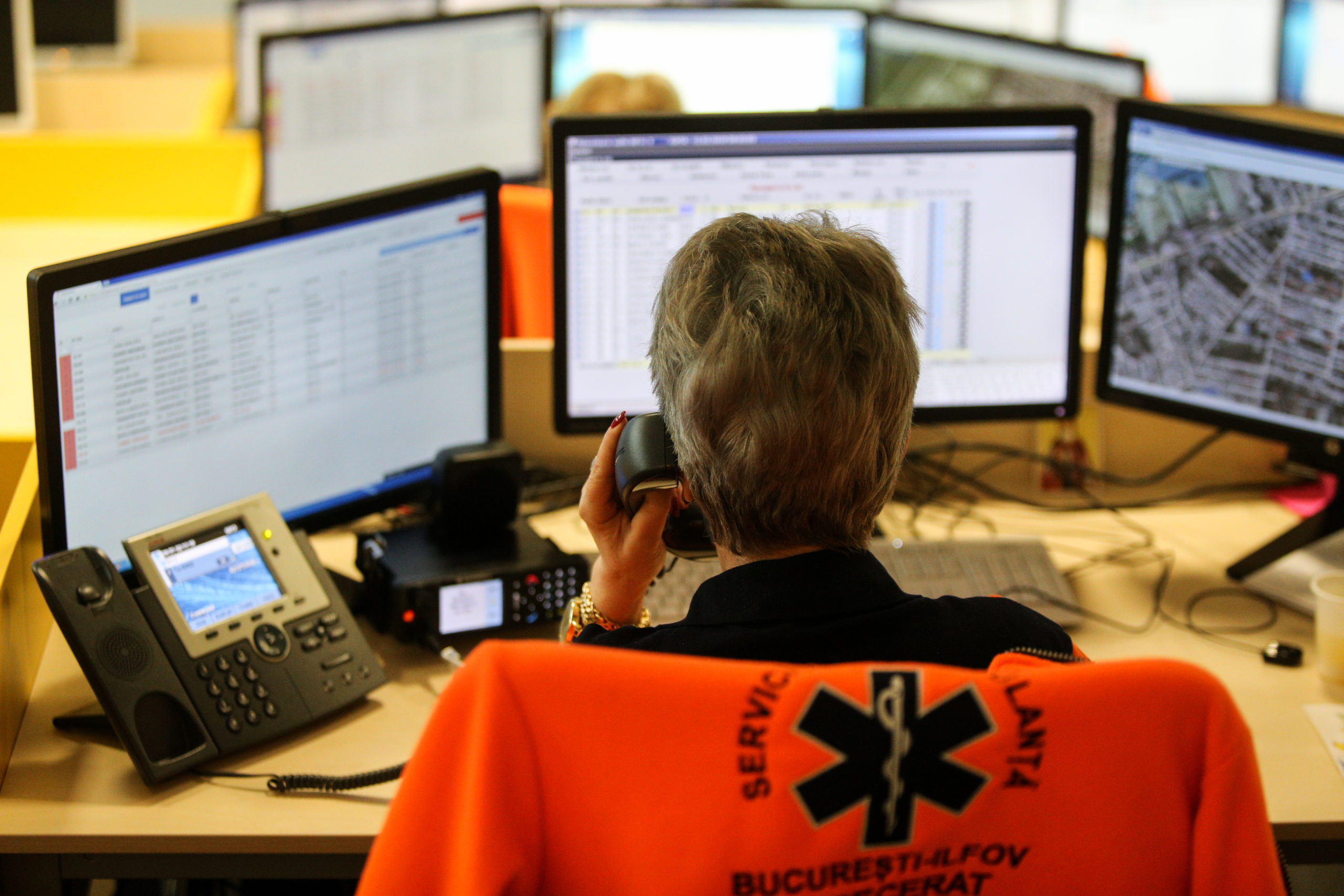How do we reduce burnout for 911 dispatchers?

Project Summary
Employee burnout is a serious occupational phenomenon that is linked to a host of poor employee outcomes. Frontline workers are at a particularly high risk of experiencing burnout. In this project, we piloted a light-touch, online peer support program among 911 dispatchers in multiple U.S. cities, in collaboration with the Behavioral Insights Team. We found that this 6-week program significantly reduces burnout and resignations four months after the end of the program.
Why is this issue important?
Employee burnout is a serious condition that is associated with higher levels of physical and psychological challenges among employees who suffer from it. Workplaces with high levels of burnout among their employees may also see increased absenteeism and turnover, leading to negative impacts on workplace operations and the people the organization serves. 911 dispatchers are at a high risk for burnout given the large call volumes, stressful nature of their work, and very limited time to process the difficult circumstances that they help the community navigate on a daily basis.
What are we doing?
We co-designed and tested a simple, email-based social support program. Once a week for six weeks, staff members received an email, sent by their supervisor, that provided a story from another dispatcher and prompt that allowed them to share experiences and advice with each other on their job. Half the staff members received these weekly emails, while the other half received an initial email describing the multi-city initiative and the opportunity to respond to prompts, but were not sent the weekly emails. We also conducted online studies to test the psychological mechanism behind the email-based program.
What have we learned?
Four months after the end of the program, dispatchers with access to the email-based program had significantly lower burnout, on average, compared to those without access. Additionally, those with access to the program were significantly less likely to resign from their job four months later. In our online studies to understand how these messages help reduce burnout, we found that these emails increase a sense of belonging and perceived social support.
What comes next?
Our results suggest that perceived support may help bolster belonging and reduce burnout among frontline workers, highlighting a promising add-on program that public organizations could implement to bolster the resources available to their employees. We have now tested a similar program among correctional officers in Denver, with results suggesting that peer support improves wellbeing in other work contexts as well.